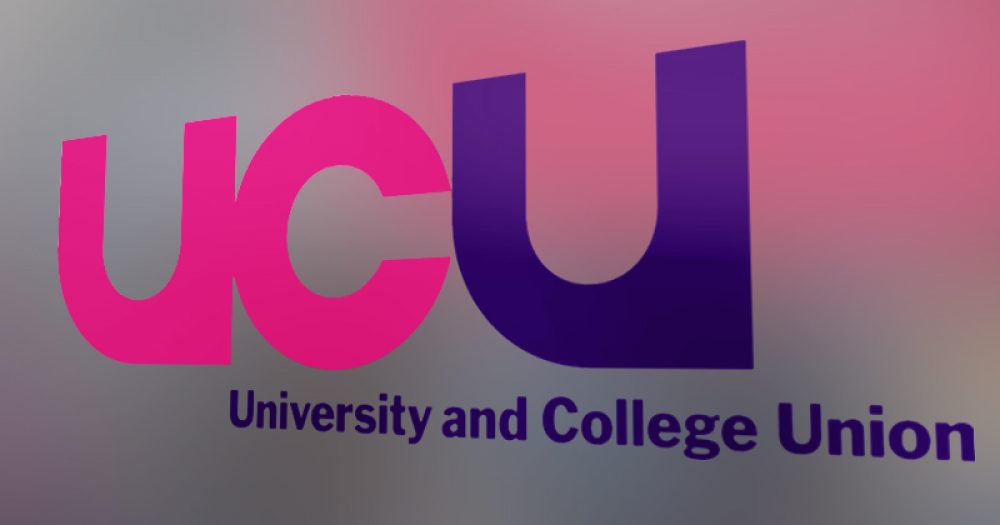Sixteen colleges across England face “significant disruption” in the new year, after members of the University and College Union voted overwhelmingly in favour of industrial action in an ongoing dispute over pay.
Staff at 10 colleges whose ballots closed today will join the six colleges that took action in November in a second wave of strikes at a yet-to-be decided date.
However, they won’t be joined by members at a further 16 colleges who were balloted, as turnout did not meet the minimum 50 per cent threshold.
Matt Waddup, the UCU’s head of policy, said the outcome was a “testament to the strength of feeling” members had “about their treatment”.
“Sixteen colleges will face significant disruption in the new year unless they agree to do more to address the pay and conditions of their staff,” he said.
“Government cuts are hurting the further education sector, but too many colleges use them as an excuse to do little or nothing,” he said.
He hit out at the “anti-trade union laws” preventing all the colleges balloted from taking action which he said “curtail people’s democratic right to strike in a manner that is not used in any other part of society”.
A total of 89 per cent of union members who voted at the 26 colleges were in favour of industrial action.
Ten colleges met the tough 50 per cent threshold required for them to take action.
These are Abingdon and Witney College, Bridgwater and Taunton College, City of Wolverhampton College, Coventry College, East Sussex College, Harlow College, Hugh Baird College, Kendal College, Leicester College and West Thames College.
They join Bath College, Bradford College, Croydon College, Lambeth College, New College Swindon and Petroc, which all took action in November.
Staff at a further 16 colleges were in favour of a walkout but because the turnout – which ranged from 33 per cent to 49.2 per cent – was too low, they will be unable to act on the results.
College staff are unhappy about proposals put forward by the Association of Colleges, which represents college leadership, over pay for 2018/19.
They were left bitterly disappointed in July when the AoC said it was unable to recommend a salary increase of five per cent, and was instead only able to propose a “substantial pay package” over two years dependent on government funding.
Earlier this month the AoC put forward an offer of one per cent, which the union described as a “wholly inadequate response” to the pay crisis in FE.
Capital City College Group agreed a “landmark” pay rise for its staff of up to five per cent last month – even though this would turn a projected break-even budget into a £2.3 million deficit.








Your thoughts